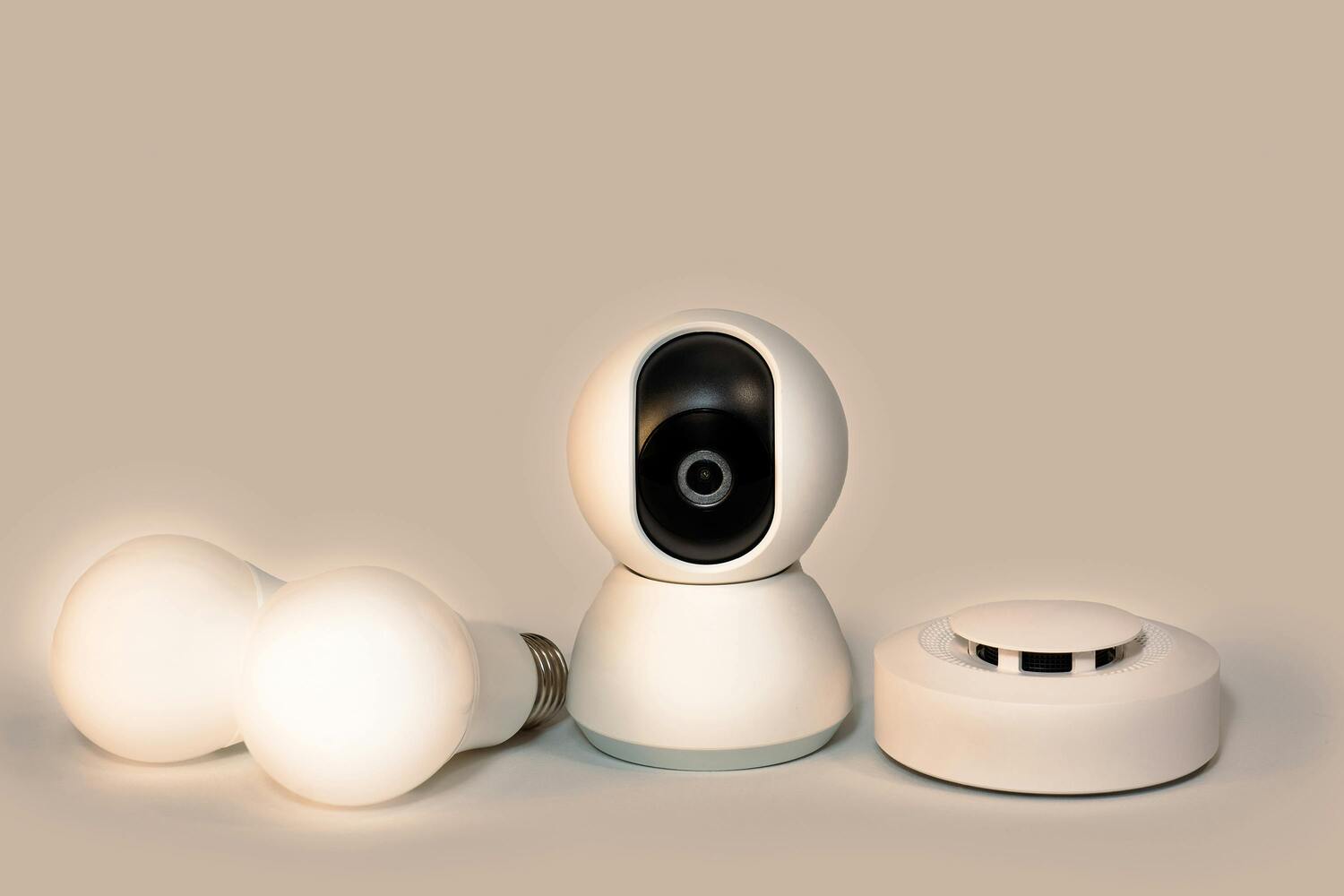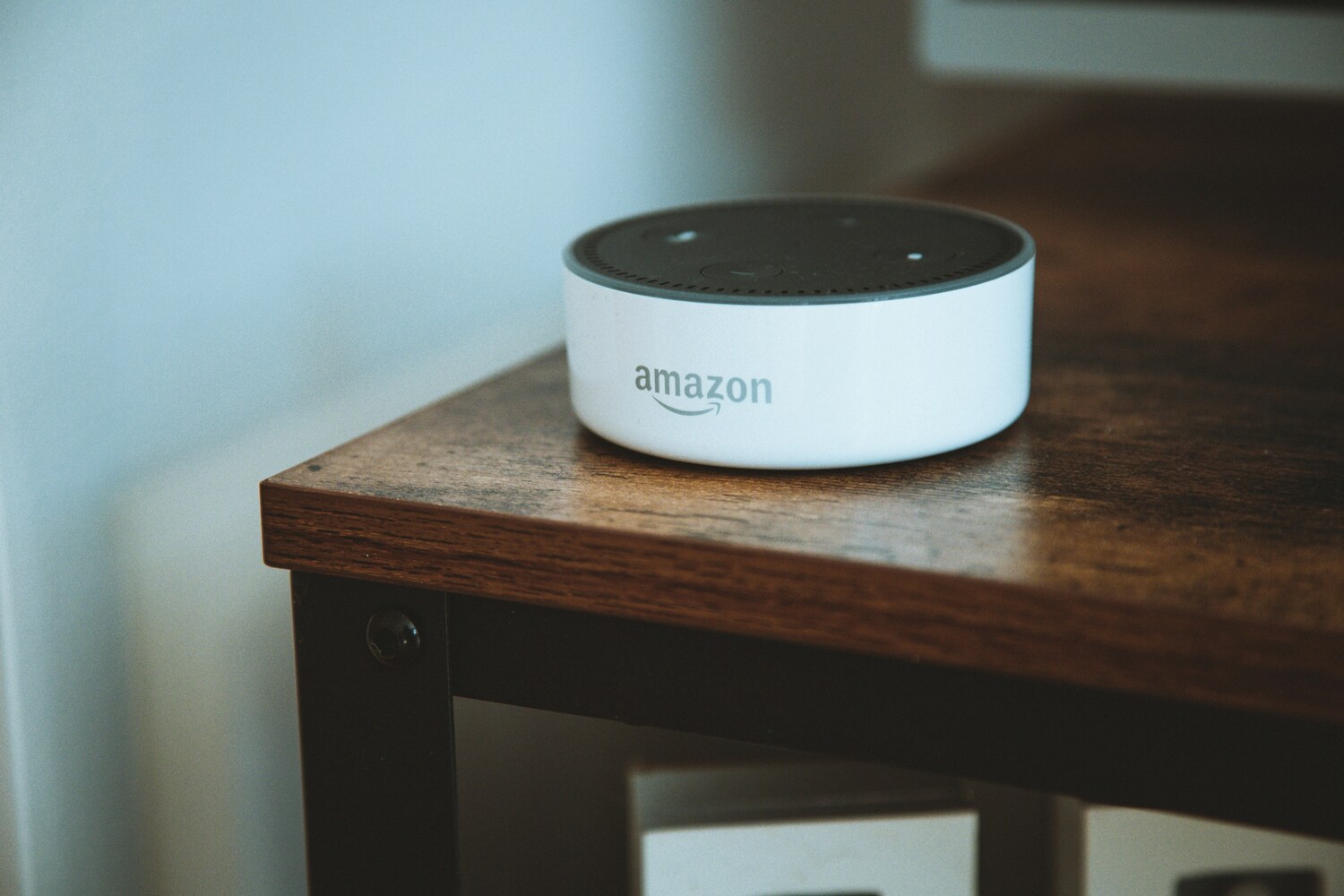
Sensible units had been as soon as hailed as game-changers for senior dwelling—instruments that might maintain residents secure, related, and extra unbiased. Voice assistants like Alexa, smartwatches with fall detection, and related safety techniques had been all touted as revolutionary for ageing populations. However in a shocking shift, some senior services are actually banning or closely limiting these applied sciences.
Why the sudden reversal? The reply is way extra difficult than a easy misunderstanding of expertise. It’s about privateness, legal responsibility, social dynamics, and the unintended penalties of turning once-private areas into always-on surveillance zones.
Let’s discover why sensible units are falling out of favor in some senior communities—and what meaning for residents and their households.
Privateness Issues Are Pushing Amenities to Draw the Line
The primary purpose many senior services are pulling the plug on sensible units is privateness. Many of those devices, like Amazon Echo, Google Nest, and Ring doorbells, are consistently listening or recording. Whereas this may be helpful for fall detection or emergency calls, it additionally means non-public conversations, workers interactions, and each day routines could possibly be captured and saved on third-party servers.
This creates a authorized and moral minefield for facility operators. Residents share widespread areas with one another and with workers, and the concept somebody’s machine is likely to be recording with out consent is alarming. Some services have confronted complaints from each residents and staff who really feel their privateness is being compromised. In environments the place belief and dignity are paramount, surveillance, intentional or not, can shortly erode morale.
Authorized Legal responsibility Is a Rising Difficulty for Senior Communities
It’s not nearly discomfort. It’s about threat. In a senior care setting, any recorded interplay may probably be utilized in authorized disputes. Whether or not it’s a battle between residents, an accusation in opposition to a workers member, or a misinterpreted interplay, having audio or video recordings available complicates issues. Amenities could possibly be held answerable for what’s recorded on their premises, even when they didn’t authorize it.
Some directors have additionally expressed concern about HIPAA (Well being Insurance coverage Portability and Accountability Act) violations. If a resident’s medical situation or care plan is overheard and recorded by a sensible machine, it may represent a breach of confidential well being info. Moderately than gamble on gray areas, many services are selecting to take the safer route and ban private units with recording capabilities altogether.
Workers Are Talking Out About Feeling Monitored
The individuals who work in senior communities are one other main issue on this shift. Caregivers, nurses, and aides typically develop shut relationships with residents. These relationships are constructed on belief, and fixed recording could make workers really feel watched or judged, even once they’re doing all the things proper. Some employees have described feeling like they’re “on digital camera” always, resulting in stress, job dissatisfaction, and even resignations.
Amenities rely on retaining high quality workers, and creating an setting the place staff really feel revered and secure is crucial. If workers consider their each phrase and motion is likely to be uploaded to the cloud or used in opposition to them, the power could face excessive turnover or union complaints. Banning sensible units, in these instances, turns into a transfer to guard office integrity as a lot as resident care.
Residents Are Experiencing the Downsides of Fixed Connectivity
Whereas many seniors respect the comfort of voice-activated assistants or health-tracking wearables, others are starting to report what can solely be described as tech fatigue. Some have complained that their dwelling areas really feel much less like houses and extra like monitored zones. Others discover the units complicated, intrusive, or anxiety-inducing, particularly when alerts or notifications go off unexpectedly.
There’s additionally a social dynamic at play. Residents with the most recent devices could inadvertently create stress with those that desire analog dwelling. In group environments, the presence of sensible audio system or video doorbells can result in disputes over noise, surveillance, and perceived invasions of privateness. What was speculated to empower residents can, in some instances, find yourself isolating or alienating them from their friends.

Tech Firms Have Not All the time Thought-about Elder-Care Environments
Most sensible units aren’t designed particularly for communal senior settings. They’re made for particular person shoppers dwelling in non-public houses, the place recording your individual house doesn’t increase the identical moral considerations. Because of this, many of those instruments lack the nuance required for multi-resident communities with shared areas, medical privateness necessities, and susceptible populations.
Voice assistants, for instance, don’t distinguish between who’s talking, that means they are often by accident triggered by workers or different residents. Safety cameras or child displays could also be supposed for security, however can simply seize photos or conversations of unintended topics. Tech firms haven’t supplied satisfactory guardrails for these contexts, and services are being left to determine the boundaries on their very own.
Till smarter, privacy-conscious variations of those instruments are developed with elder care in thoughts, many directors really feel the danger outweighs the reward.
Households Are Divided—Comfort vs. Privateness
Households of residents are sometimes those who introduce sensible tech into their family members’ rooms. From afar, it’s comforting to have the ability to drop in through digital camera, observe sleep patterns, or obtain alerts about motion. However that sense of management can come at the price of the resident’s autonomy.
Some grownup kids set up units with out absolutely discussing it with their mother and father or understanding facility guidelines. Others assume their liked one wants monitoring when in reality, the resident finds it invasive. These disagreements can result in stress between households and facility workers, and even authorized disputes over consent and knowledge sharing.
Senior services more and more discover themselves within the position of referee, attempting to steadiness a resident’s proper to dignity with a household’s want for oversight. In lots of instances, banning or limiting sensible units turns into a strategy to keep away from these escalating conflicts altogether.
Bans Aren’t About Being Anti-Tech. They’re About Setting Boundaries
It’s vital to notice that the majority services aren’t rejecting expertise outright. Many nonetheless use wearables for fall detection, apps for treatment reminders, and inside alert techniques that assist workers monitor residents’ well-being. The problem isn’t tech. It’s unchecked surveillance, unclear insurance policies, and the shortage of regulation surrounding industrial sensible units in communal care settings.
Amenities which might be limiting or banning sensible devices are doing so to guard residents’ privateness, honor consent, and scale back the chance of authorized complications. In some instances, they’re additionally creating tech-free zones or quiet hours to offer residents a break from fixed connectivity.
This isn’t a step backward. It’s a name for better-designed instruments that take into account the distinctive wants of ageing populations and their environments.
How Senior Tech Can Transfer Ahead With out Invading Privateness
The backlash in opposition to sensible units in senior services highlights the pressing want for extra considerate innovation. Getting old populations deserve instruments that assist autonomy, security, and well-being, with out turning their houses into surveillance hubs.
Future units ought to include clear privateness settings, consent protocols, and the power to tell apart between customers. They need to be constructed with shared dwelling areas in thoughts, providing options that assist communication and emergency response with out capturing greater than obligatory.
Till then, senior communities are proper to ask robust questions. Expertise needs to be a bridge, not a barrier, to dignity in later life.
Do you suppose sensible tech belongs in senior communities, or is the surveillance threat too excessive?
Learn Extra:
Why Many Assisted Dwelling Facilities Are Now Beneath Surveillance
These 10 Units Are Nonetheless Recording You After They’re Off
Riley Jones is an Arizona native with over 9 years of writing expertise. From private finance to journey to digital advertising to popular culture, she’s written about all the things beneath the solar. When she’s not writing, she’s spending her time outdoors, studying, or cuddling together with her two corgis.